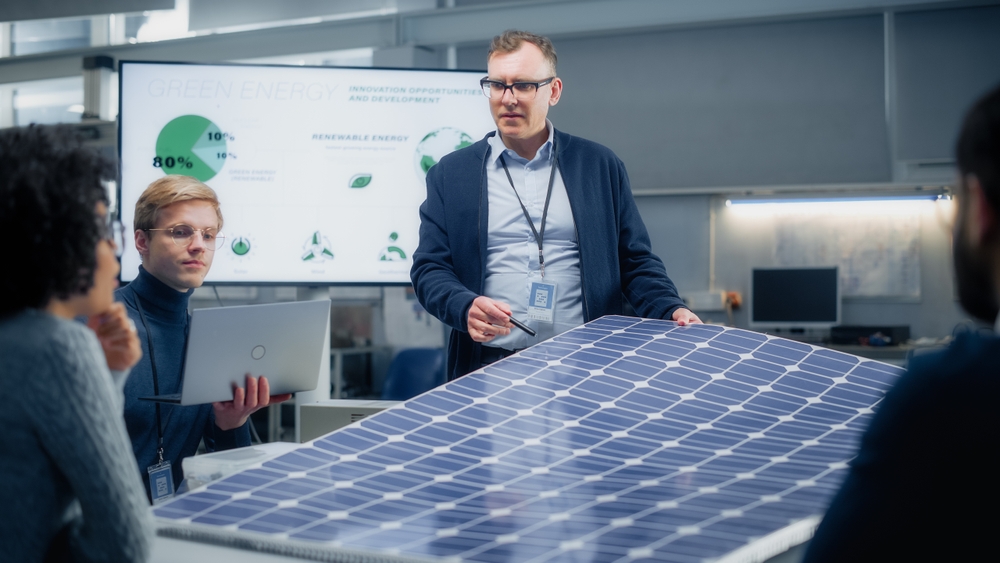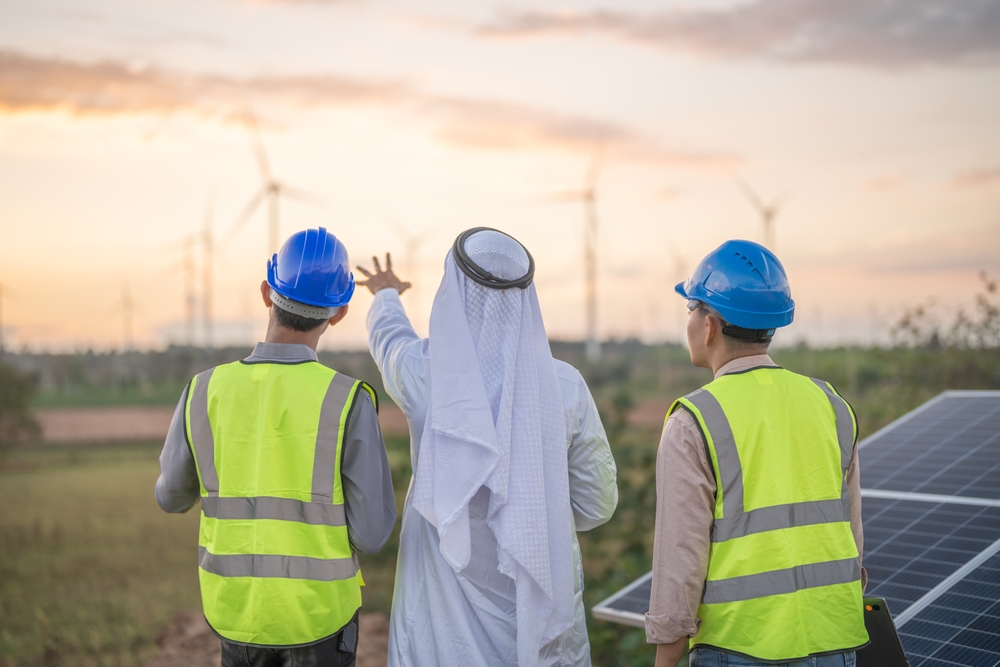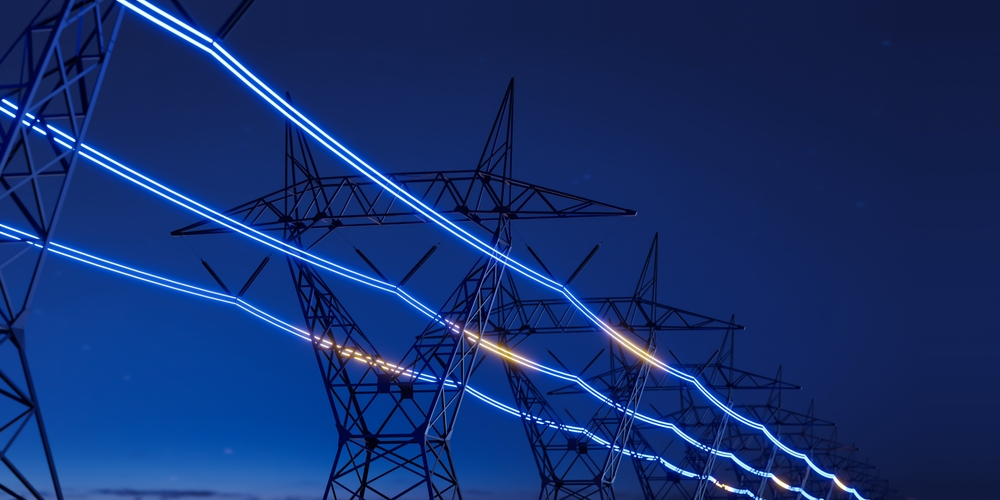

This course is instrumental in facilitating your grasp of electricity, its generation, and the whole industrial structure as it relates to power systems engineering. It addresses issues pertaining to energy policies, electrical work, and infrastructure management, thus enabling you to operate in intricate industrial contexts.
| City | Start Date | End Date | Fees | Register | Enquire | Download |
|---|---|---|---|---|---|---|
| Dubai | 23-06-2025 | 27-06-2025 | 4300 $ | Register | Enquire | |
| Amsterdam | 07-07-2025 | 11-07-2025 | 6200 $ | Register | Enquire | |
| Madrid | 14-07-2025 | 18-07-2025 | 6200 $ | Register | Enquire | |
| Dubai | 21-07-2025 | 25-07-2025 | 4300 $ | Register | Enquire | |
| Casablanca | 04-08-2025 | 08-08-2025 | 4950 $ | Register | Enquire | |
| Zurich | 11-08-2025 | 15-08-2025 | 5600 $ | Register | Enquire | |
| Cairo | 18-08-2025 | 22-08-2025 | 3950 $ | Register | Enquire | |
| Barcelona | 25-08-2025 | 29-08-2025 | 6200 $ | Register | Enquire | |
| Manama | 01-09-2025 | 05-09-2025 | 4400 $ | Register | Enquire | |
| Amsterdam | 08-09-2025 | 12-09-2025 | 6200 $ | Register | Enquire | |
| Casablanca | 15-09-2025 | 19-09-2025 | 4950 $ | Register | Enquire | |
| Madrid | 22-09-2025 | 26-09-2025 | 6200 $ | Register | Enquire | |
| London | 29-09-2025 | 03-10-2025 | 6200 $ | Register | Enquire | |
| London | 06-10-2025 | 10-10-2025 | 6200 $ | Register | Enquire | |
| Amsterdam | 13-10-2025 | 17-10-2025 | 6200 $ | Register | Enquire | |
| Prague | 20-10-2025 | 24-10-2025 | 6200 $ | Register | Enquire | |
| Cairo | 27-10-2025 | 31-10-2025 | 3950 $ | Register | Enquire | |
| Madrid | 03-11-2025 | 07-11-2025 | 6200 $ | Register | Enquire | |
| Rome | 10-11-2025 | 14-11-2025 | 6200 $ | Register | Enquire | |
| Cairo | 17-11-2025 | 21-11-2025 | 3950 $ | Register | Enquire | |
| Dubai | 24-11-2025 | 28-11-2025 | 4300 $ | Register | Enquire | |
| Kuala Lumpur | 01-12-2025 | 05-12-2025 | 4950 $ | Register | Enquire | |
| Amman | 08-12-2025 | 12-12-2025 | 3950 $ | Register | Enquire | |
| Cairo | 15-12-2025 | 19-12-2025 | 3950 $ | Register | Enquire | |
| London | 29-12-2025 | 02-01-2026 | 6200 $ | Register | Enquire |
This training course on electrical power and industrial infrastructure covers the three fundamental aspects of electrical installation networks globally. This learning is very interesting as it provides an overview of the course and major aspects that revolve around power transmission systems, electricity distribution, and the wider, more developed advanced digital industry.
There is a shift in power transmission systems as conventional thermal energy generation is slowly being replaced by solar and wind energy generation.
Electricity distribution has advanced into the era of smart grid and microgrid technology, where electricity distribution networks are equipped with artificial intelligence and intelligent sensors to enhance electrical distribution efficiency.
Great achievements have also been made in industrial infrastructure, focusing on the emission reduction of electrical apparatus that contributes to global warming. The increasing development of digital substations, which have become important nodes of the infrastructure, relies heavily on optimal Internet of Things (IoT) technologies.
Moreover, this course will provide participants with information regarding the latest trends in smart digital transformers and the replacement of mineral oil in oil-filled power transformers with environmentally friendly ester oil.
Upon completion of this electrical power and industrial infrastructure course, participants will be able to:
Unit 1: General Overview of Traditional Generation and Sources of Energy
Unit 2: Flexible AC Transmission Systems and the Importance of Components of Power
Unit 3: Smart Grid Transitions and Distributed Energy Resources
Unit 4: Contemporary Trends in Smart Transformer Design and Digital Substations
Unit 5: Global Warming Mitigation through Lowering Carbon Footprint on Infrastructure Equipment



















